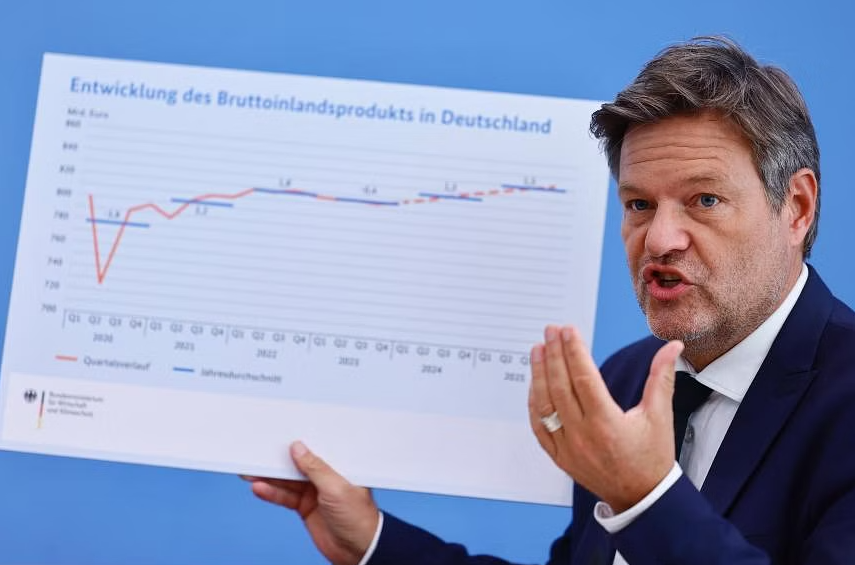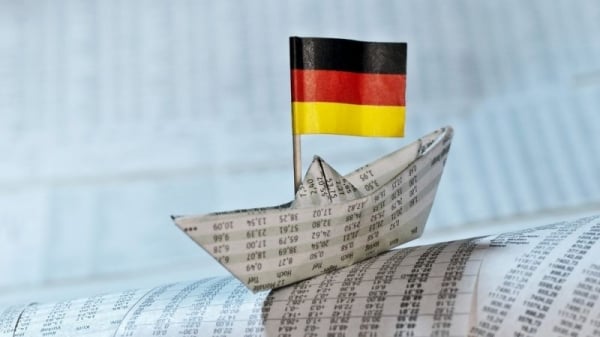Economic forecasters have delivered some very bad news for Europe's largest economy: Germany is set for a deeper-than-expected recession.
The German economy, which has been hit by high inflation and a manufacturing recession, is expected to shrink by 0.5% this year, the International Monetary Fund (IMF) said on October 10. In July, the global lender had forecast a 0.3% contraction.
Germany is also expected to be the only economy in the Group of Seven (G7) of highly industrialized nations not to see growth in 2023, the IMF said.
The Western European nation faces a number of headwinds including “weakness in interest-rate sensitive sectors and slower demand from trading partners,” the Washington DC-based global lender said in its latest report.
Following a recession in early 2023 and a slowdown in the second quarter, Germany is heading for another “mild recession” in the second half of this year, the IMF said, pointing to a recovery in Europe’s No. 1 economy in 2024, but downgraded its growth expectations to 0.9% from the 1.3% it forecast in July.
In an economic outlook update released on October 11, Chancellor Olaf Scholz's government also forecast the German economy to shrink this year and grow weaker than expected in 2024.

German Economy Minister and Vice Chancellor Robert Habeck noted that Europe's top economy will return to growth next year. Photo: Straits Times
Germany's economy ministry said the country's GDP is likely to shrink by 0.4% in 2023, a reversal from the 0.4% growth forecast announced in late April. Next year, the ministry expects growth of 1.3%, weaker than the 1.6% previously forecast.
Economy Minister Robert Habeck, who is also Germany's Vice Chancellor, said the country's current "difficulties" were a result of the energy price crisis, rising borrowing costs and recessions in key trading partners.
“There are also geopolitical trouble spots that are adding to the uncertainty,” Habeck said in an emailed statement to Bloomberg. “As a result, we are emerging from the crisis more slowly than expected.”
However, he predicted a “sustained recovery” supported by falling inflation and rising real incomes, which he said were “the basis for a domestic economic revival”.
Minister Habeck identified Germany's “most pressing structural problem” as a shortage of workers, both skilled and unskilled, and warned that an aging population would only make the situation worse.
“We must continue to do everything possible to make better use of the domestic labor potential through professional qualifications,” he said. “However, it is clear that Germany also depends on immigration to meet its labor needs, generate growth and ensure prosperity.”
Referring to the current debate over the growing number of refugees, Mr Habeck said the German government was determined to help those who came to Germany legally enter the labour market, while more needed to be done to ensure that those who were residing in the country illegally could leave more quickly .
Minh Duc (According to Bloomberg, DW)
Source





































![[Photo] Prime Minister Pham Minh Chinh chairs Government Conference with localities on economic growth](https://vstatic.vietnam.vn/vietnam/resource/IMAGE/2025/2/21/f34583484f2643a2a2b72168a0d64baa)




























































Comment (0)